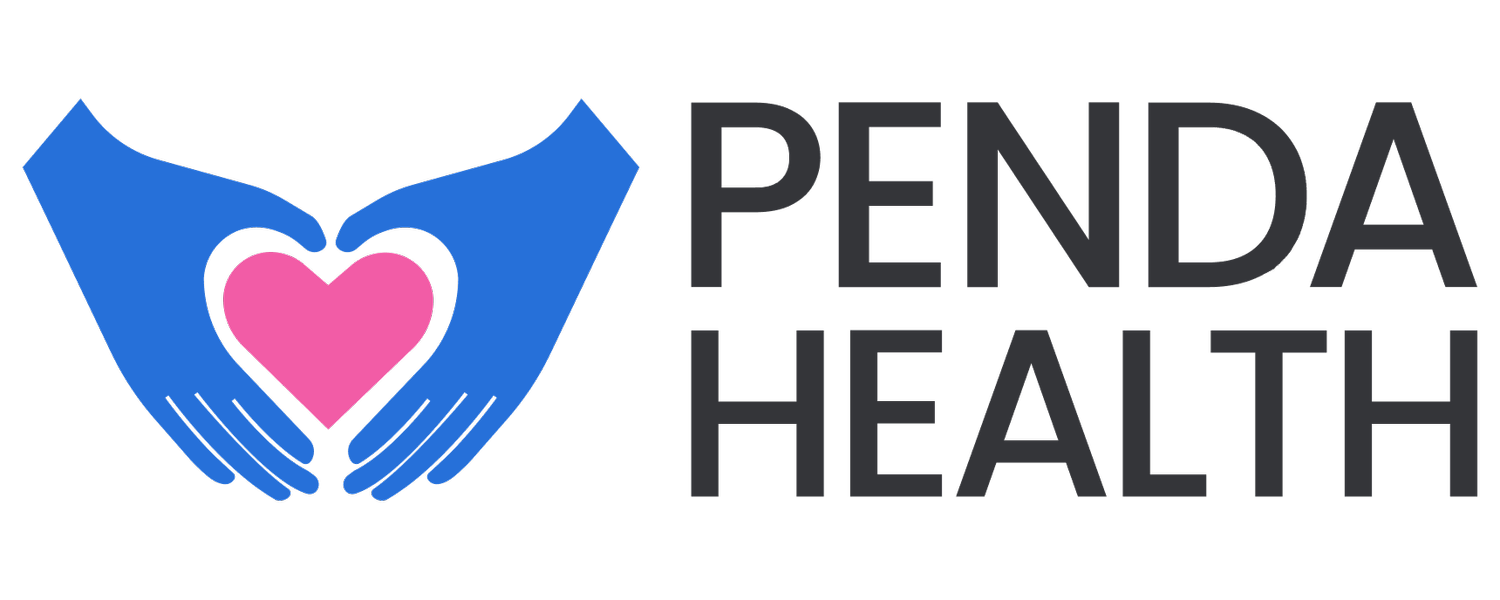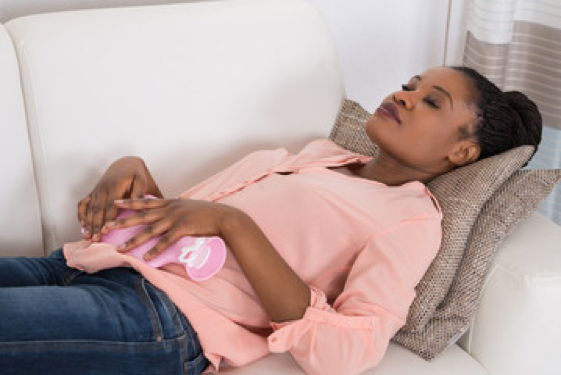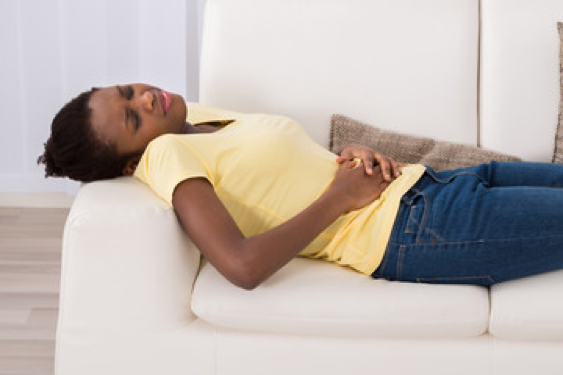How to deal with period pain
Every month for at least three days, many ladies experience terrible period cramps. Despite this pain, women have to go to work, school and continue with their daily activities. How do you ensure that period pain does not affect your performance at work?
Today we teach you how to manage period pain effectively:
Over the counter pain relievers
There are two kinds of over the counter medications that can alleviate your cramps. The first kind is those that reduce spasms. Period pain is caused by movement of the muscles of the uterus in rapid waves known as spasms. Antispasmodic drugs reduce these movements therefore reduce the pain. The second kind of drugs are the pain relievers. These reduce inflammation of the uterine area causing a reduction in pain. There are also combination drugs that contain both a painkiller and antispasmodic agent. Talk to our team at Penda Health to get the best agent for your period pain.
Hot water bottle
Placing something warm on your abdomen has been shown to relieve pain. Get a hot water bottle, fill it with warm water and place on your abdomen while lying down. In an hour’s time, you will be feeling much better. The heat deactivates your pain by activating heat receptors. It gives your body something else to focus on. If you are unable to get a hot water bottle, put warm water in a plastic bottle, wrap it with a light towel and use it as a hot water bottle. Don’t be tempted to put hot boiling water in your bottle because you may scald yourself.
Exercise
Regular exercise has been shown to alleviate period symptoms. Exercise promotes the release of endorphins. These are hormones which improve your mood. They shift the brain’s focus from the pain making you feel better. Exercise also helps you lose a lot of water inform of sweat thus relieving the feeling of bloating that accompanies cramps. Regular exercise also improves blood circulation throughout your body making your period less heavy and less painful.
Diet
Do you know that there are foods which can ease cramping? Foods rich in manganese are known to reduce cramps. These foods are the green leafy vegetables like managu and spinach and whole grains like njugu. Skip foods fried in high amounts of fat like chips because they are high in trans fats. Trans fats increase the production of hormones like estrogen which could make the symptoms worse. Also, avoid foods that are high in sodium content because these promote retention of water in your body causing bloating.
Massage
Massaging your abdominal area can help with cramps. Massage promotes blood flow in the area and works as well as a hot water bottle. A few minutes of this therapy is enough to give you relief.
Birth control pills
Hormonal birth control pills affect the menstrual cycle by interfering with ovulation. They decrease the amount of lining on the uterus leading to light periods and reduced pain episodes. If you are already on contraceptives, you could have already noticed that your pain symptoms have reduced. Consult our qualified team at Penda Health to find out which contraceptive pill is best for you.
Cut back on caffeine
Believe it or not, your morning cup of tea is going to make your cramps terrible. Caffeine in coffee, tea and sodas increase production of hormones known as prostaglandins. These hormones are responsible for the spasms of your uterine muscles which increases your pain. Skip caffeinated drinks and take other alternatives such as soya or milk.
Relax!
As much as possible, try to limit movement. Get a comfortable place and lie down until the pain passes. If you are at work or somewhere where you can’t lie down, take in deep breaths and exhale slowly. Listen to some soothing music too. Another great way to relax is to have a hot shower.
When to see a doctor
Mild cramps can be managed at home. However, some underlying conditions can cause pelvic pain and bleeding as well. Visit us at Penda if you experience the following:
Cramps earlier in your cycle
Pain is present after you stop bleeding
Bleeding is heavier than normal
Pain is severe
Let us know in the comments below if you have any tips for dealing with period pain!


